The U.S. economy contracted in the second quarter, marking two consecutive quarters of negative growth, which is a common definition of a recession.
The gross domestic product (GDP) shrank 0.9 percent at an annualized pace, following a drop of 1.6 percent in the first quarter, the Commerce Department said Thursday. The market had penciled in a gain of 0.5 percent during the April-to-June span.
The decline in GDP reflected declines in inventories (-2.01 percent), residential investment (-0.71 percent), and government spending (-0.33 percent). But this was offset by gains in exports (+1.43 percent) and consumer spending (+0.7 percent).
The much-anticipated GDP report also showed that real personal income fell 0.5 percent. And personal saving as a percentage of disposable personal income dropped to 5.2 percent in the second quarter from 5.6 percent in the first quarter.
Moreover, the drop in inventories was led by a decline in retail trade, primarily in general merchandise stores and motor vehicle dealers. The decrease in government spending was attributed to a dip in non-defense expenditures, mainly due to the sale of crude oil from the Strategic Petroleum Reserve (SPR).
The details of the report show that residential investment contracted by 14 percent at an annualized pace. This was driven by a decrease in “other” structures, specifically brokers’ commissions. The decline in real estate investment reflected a decline in brokers’ commissions.
Morgan Stanley economists issued a report declaring a “technical recession” for the economy.
“Real GDP contracted in the second quarter, marking a technical recession,” the economists wrote. “We have highlighted the risks that 2Q data would mark a technical recession, not an economic one, as private final domestic demand remained positive in the first half of the year.”
Morgan Stanley expects a stronger growth in the third quarter of this year.
The GDP report’s silver lining was the increase in consumer spending on services. However, spending on both durable and nondurable items saw a significant decline. This was caused by a record decline in grocery spending, as high food costs prompting consumers to purchase less expensive items, according to Morgan Stanley.
Desmond Lachman, economist and senior fellow at the American Enterprise Institute expects a “hard economic landing” by year-end.
“Consumer sentiment is at close to a record low as inflation erodes wages. The housing market is crumbling as a result of a doubling in mortgage rates. And our exporters are facing strong headwinds as a result of a strong dollar and economic troubles in Europe, China, and the emerging market economies,” he wrote in a note.
Stocks fell at the start of trade on Thursday due to the GDP news, but recovered later in the day. The Dow Jones Industrial Average gained more than 300 points, while the S&P 500 rose nearly 1 percent. The Nasdaq Composite Index gained 0.7 percent.
The GDP figure sparked a debate among politicians and economists as to whether or not the United States is in recession.
“It is widely believed that two consecutive quarters of declining real GDP is an outright recession,” economist Ed Yardeni wrote in a note. “However, it won’t be an official recession until the Dating Committee of the National Bureau of Economic Research says so, which could be awhile. ... While we are waiting for them to decide whether we are in a recession or not, let’s just call it a ‘banana.’”

Definition of Recession
Most economists generally look for two consecutive quarters of decline in GDP to determine whether an economy has entered a recession. The White House Council of Economic Advisers challenged this notion, citing the official definition, in a recent blog.Recessions in the United States are officially declared by a committee of economists at the National Bureau of Economic Research (NBER). The NBER defines a recession as “a significant decline in economic activity that is spread across the economy and that lasts more than a few months.”
According to the White House, recessions should be determined and “based on a holistic look at the data,” by taking into account the labor market, consumer and business spending, industrial production, and earnings, as opposed to economic growth data in just two quarters.
“This is not an economy that’s in recession,” she said.
In a post-Federal Open Market Committee (FOMC) press conference on Wednesday, Federal Reserve Chair Jerome Powell also asserted that the United States was not in the middle of an economic downturn, pointing to the employment situation.
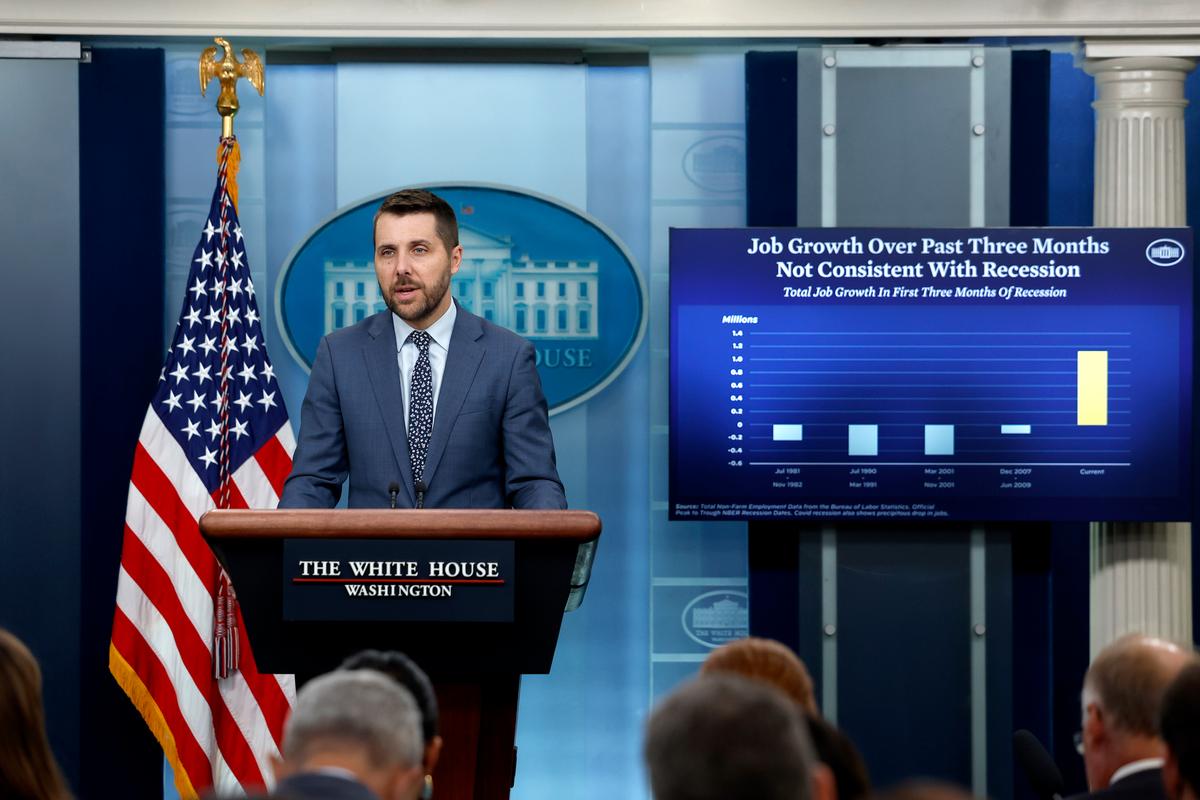
‘Unusual Business Cycle’
In recent weeks, the growing base case for many economists and Wall Street firms has been a recession, pointing to a broad array of data supporting this projection. But the timing has varied, ranging from the end of the year to sometime in the next 24 months.Bryce Doty, the senior portfolio manager at Sit Investment Associates, stated in a note on Wednesday that Americans understand when their standard of living is declining.
“Economists have a delusional concept of recession,” he said. “Since April of last year, real wages have turned negative. Workers are going backwards as higher costs outpace wages increases resulting in a net reduction in what people are able to afford.”
Nick Reece, a portfolio manager at Merk Investments, calls today’s environment “an unusual business cycle, following an unusual recession.”
Looking ahead to the third quarter, the Atlanta Fed Bank will publish its first GDPNow estimate Friday.
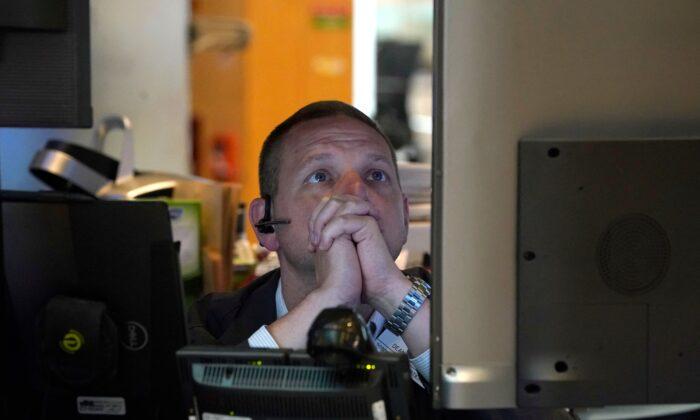

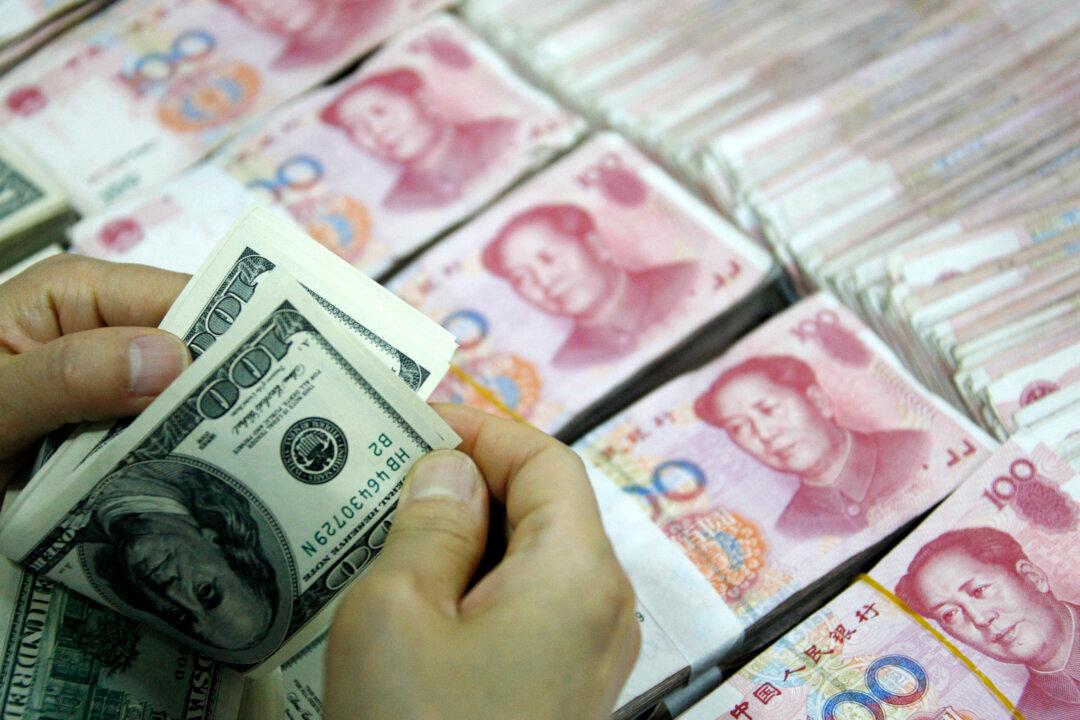
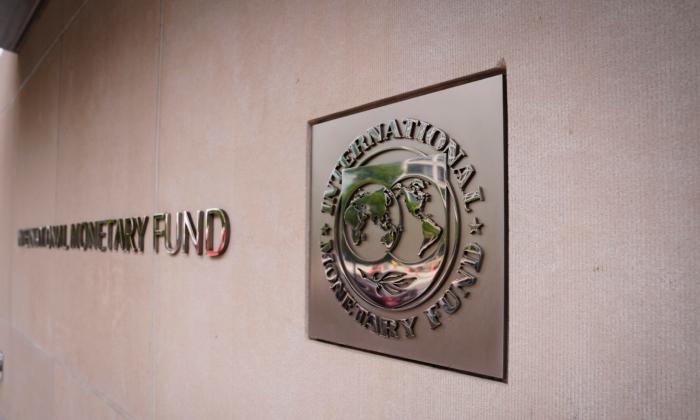
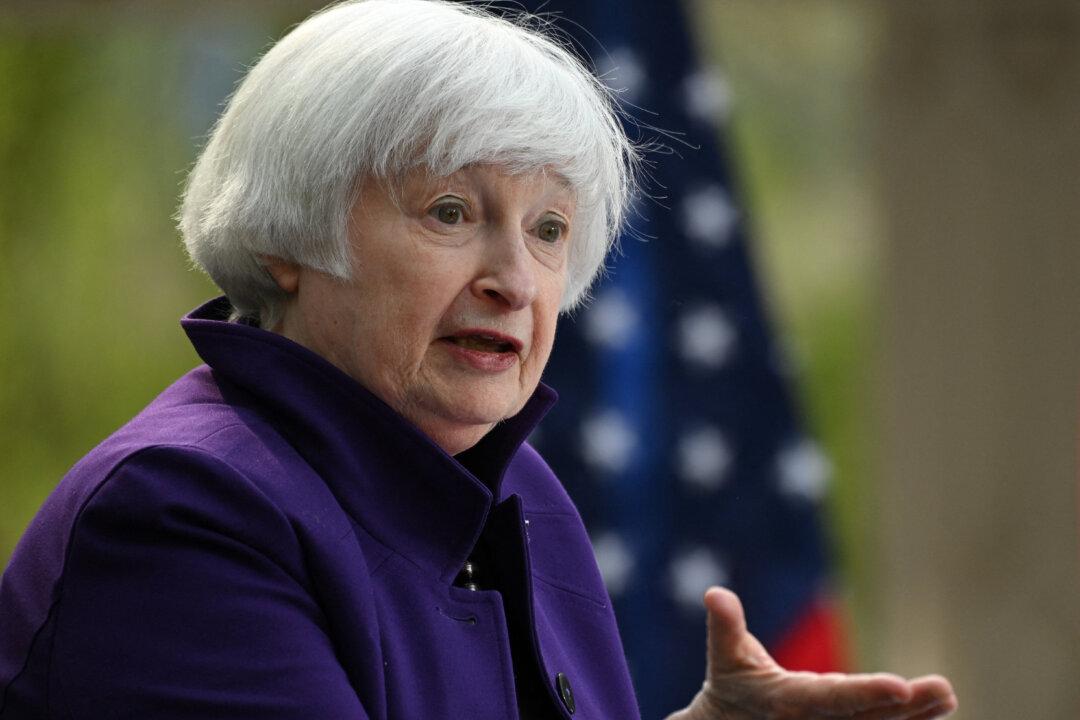
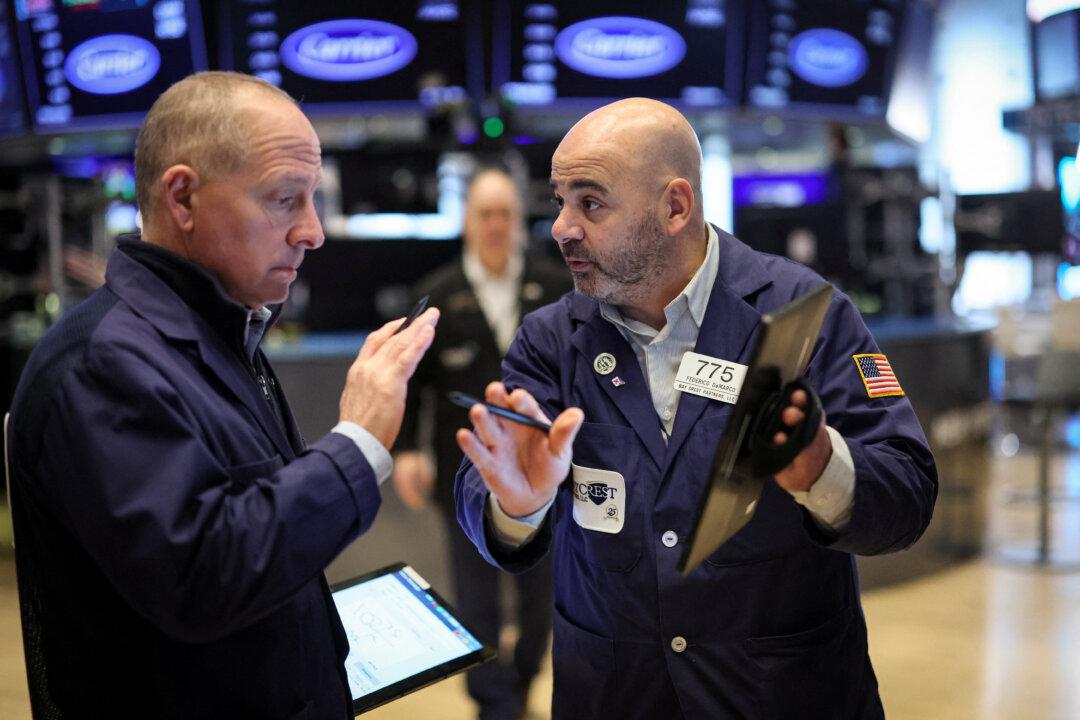
Friends Read Free